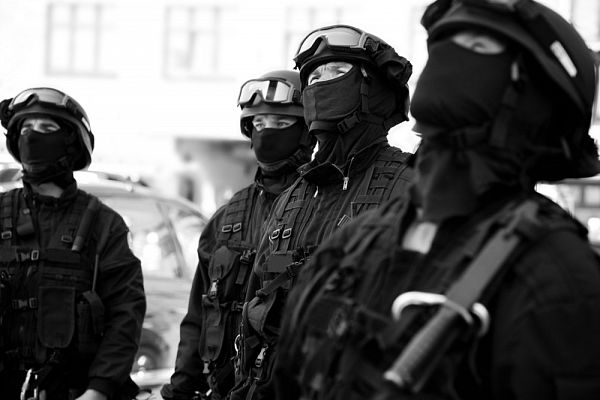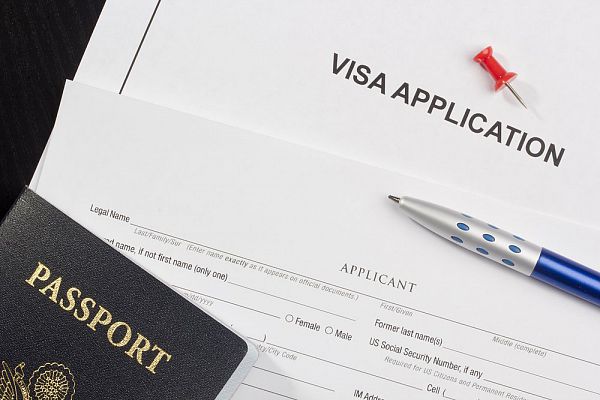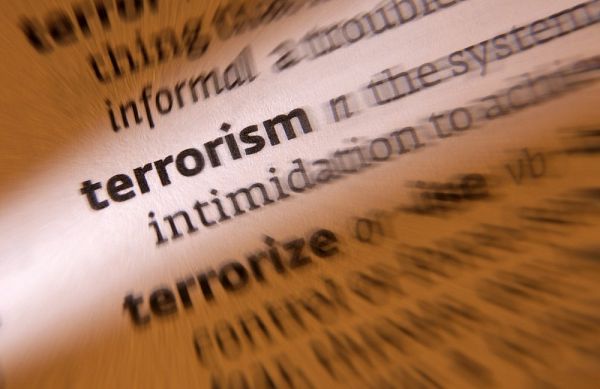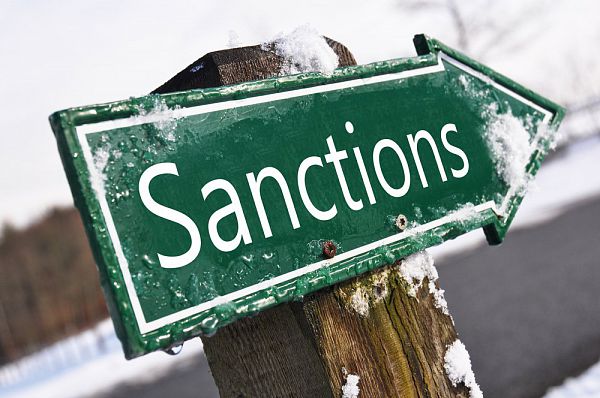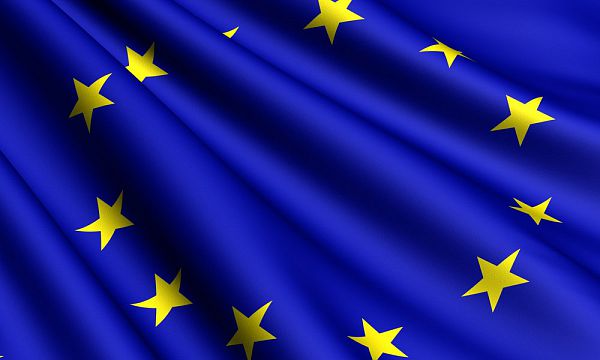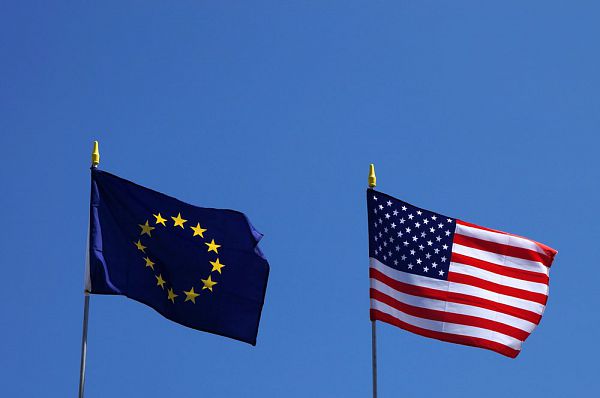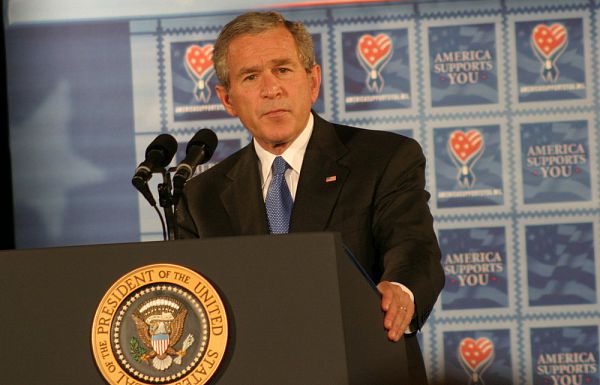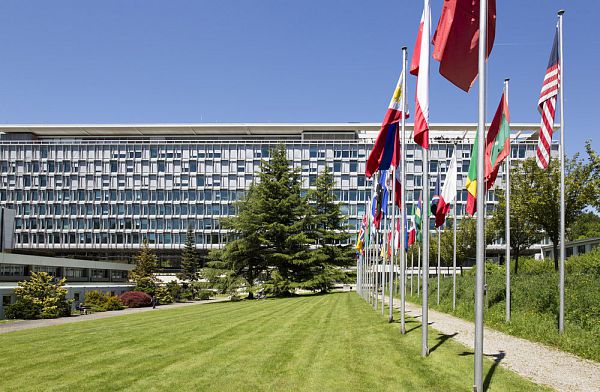Display options:
2010 - Volume 4, Issue 1
Research Articles
Since the events of 11 September 2001 (9/11), it has been argued by some scholars that security has become the dominant force in the European Union’s Area of Freedom, Security and Justice (AFSJ). As a result, there has been an active debate on the ‘securitization’ of the new threats, such as refugees...
Download article
Since the terrorist attacks on 11 September 2001, the issue of the linkages between security concerns, in particular terrorism, and asylum and migration policies in the European Union (EU) has received an increasing amount of scholarly attention (see Guild, 2003a; Guild, 2003b; Baldaccini and Guild,...
Download article
The European Union’s (EU) efforts in the fight against terrorism have already been analysed in a number of scholarly articles and edited volumes. While differing substantially in their scope, depth and focus, most analyses have identified important gaps and shortcomings of the nascent EU Counterterrorism...
Download article
The relevance of international sanctions has increased since the end of the Cold War as states and international organisations have resorted to this foreign policy tool more frequently than in the past. The European Union (EU) has contributed to this trend by using sanctions in more than twenty different...
Download article
While the European Communities (ECs) has applied autonomous sanctions for many years, their character has significantly changed since the 1990s. Such changes may be the result of the transformation of the ECs into the European Union (EU), and to the creation of its second pillar; the Common Foreign and...
Download article
Since the Russian-Georgian conflict in August 2008, the Republic of Georgia’s potential membership in NATO has been a hotly contested issue. Unfortunately, the arguments on both sides of the debate often rely on catchphrases such as “vibrant democracy” and “corrupt authoritarianism” without referencing...
Download article
The lead-up to the Iraq War, and its conduct, highlighted significant differences in transatlantic perspectives, capabilities, and methods. While terrorism has generally been America’s central fixation since 9/11 (until the recent economic recession), Europe sees terrorism as only one of several important...
Download article
While, at the western end of Eurasia, most European states are taking part in a great experiment; broadening and deepening their political, economic and security integration within the EU, at the eastern end of Eurasia, an experiment of no less importance is underway. China, the world’s most populous...
Download article
Since the early 1990s, one of the most striking characteristics to emerge in post-conflict peacebuilding has been the prime position assumed by democratisation; an approach we can term post-conflict democracy assistance. This focus has hinged on an unerring belief that democratic governance, provided...
Download article
This work is devoted to investigating the variety of approaches that the US presidential administration of George W. Bush deployed to counter terrorism following 9/11. This topic deserves special attention because Bush’s approach to fighting terrorism is often misconceived as primarily or even only,...
Download article
The Treaty of Westphalia is often referred to as the point of departure in the history of international relations. It was in 1648 that the modern state system was established and the concept of national sovereignty born. Today, these two concepts remain essential elements that govern interstate relations....
Download article


